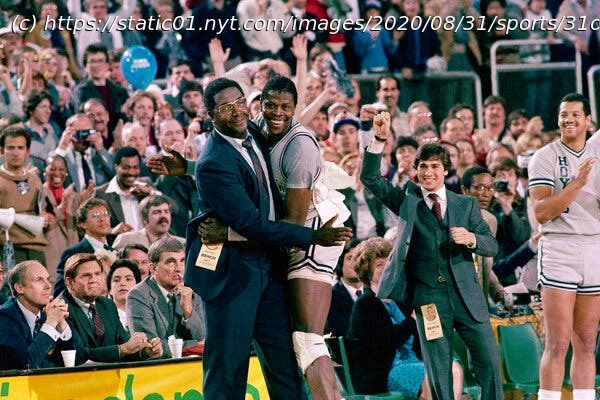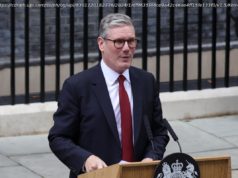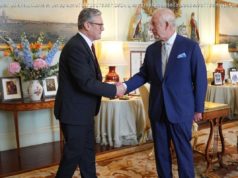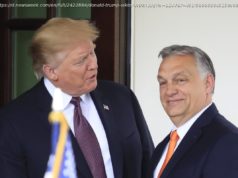He inspired a generation of young, Black players when their acceptance was not taken for granted. He pushed open doors for plenty of coaches, too.
The story, as John Thompson Jr. often shared it, was that he was told by the Georgetown president, upon being hired to coach the university’s moribund men’s basketball program in the spring of 1972, that it would be great if he could win a few games. Maybe even qualify for a slice of postseason affirmation in the National Invitation Tournament. Thompson, however, was already much less interested in invitations than he was in crashing the bigger tournament party along with the sport’s culturally protected borders. But why tip his hand? Why surrender so easily the specter of expectation to his employer and create an immediate narrative for falling short? He said, simply and shrewdly, “Yes, sir, I’ll try.” By his second season, the 3-23 team Thompson inherited was .500. By his third season, the Hoyas were in the N. C. A. tournament for the first time since 1943. A dozen years into Thompson’s Hall of Fame career, he became the first Black coach to win the Division I national title, in 1984. Without much time to recruit for his first Georgetown squad, Thompson brought three players from the small Catholic high school team he was coaching in Washington and two others from that basketball-rich city. All were Black, immediately raising eyebrows and unearthing a measure of grapevine resentment at the mostly white Jesuit bastion of academia. Thompson didn’t blink, or back down. Across that first decade and especially into the early 1980s — better known as the “Patrick Ewing Era” — he knew the program would run on his terms. Not surprisingly, the news media’s response, dubbing Thompson’s player protective methodology as “Hoya Paranoia,” was derisively swift. Upon his death Monday at 78, and in the midst of what has become a long-overdue movement to confront America’s racial privations, it would seem appropriate to recast those kneejerk characterizations of Thompson’s relationship with the at-large college basketball community.






